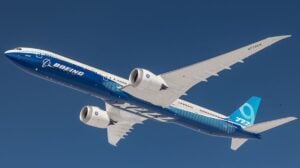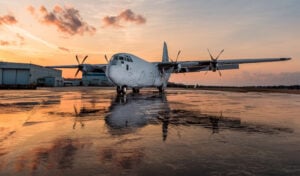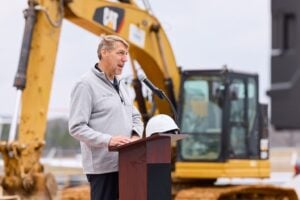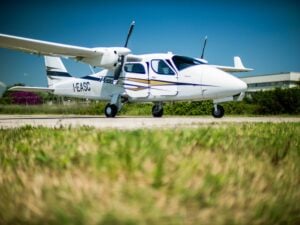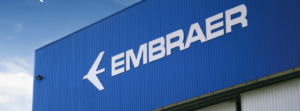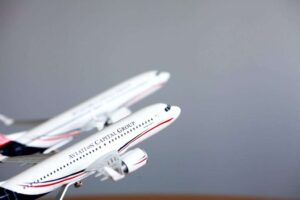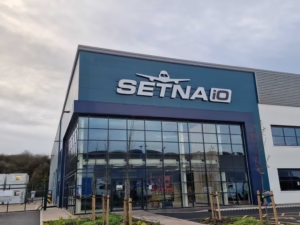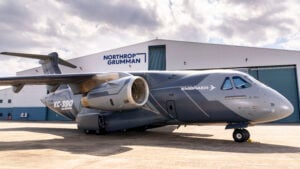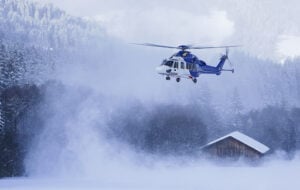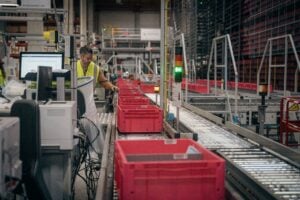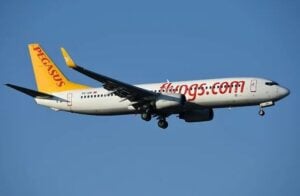Joby Aviation (Joby) has announced a major expansion of its manufacturing facility in Marina, California, significantly boosting its electric air taxi production capabilities. The site now spans approximately 435,500 ft², doubling Joby’s aircraft production capacity at this location. This development marks a pivotal moment as the company prepares for the commercial launch of its air taxi services.
The expanded facility is expected to produce up to 24 aircraft per year, nearly one every fortnight, once it reaches full operational capacity. In addition to manufacturing, the site will support key functions including FAA production certification processes, conforming ground and flight testing, pilot training simulation, and aircraft maintenance – all essential components for launching Joby’s electric vertical take-off and landing (eVTOL) aircraft into commercial service.
Joby has also added a new aircraft to its test fleet, further accelerating its flight test programme as part of this next phase of scaling operations. The Marina facility is one of four strategically located manufacturing sites that form Joby’s broader production network. The other locations include its Santa Cruz headquarters, focused on innovation and systems architecture; its San Carlos site, specialising in powertrain and electronics; and its recently modernised Dayton, Ohio, facility, which will play a central role in component manufacturing and ramping up production to potentially 500 aircraft annually.
Community and governmental support has been integral to this expansion. In 2023, Joby secured a US$9.8 million grant from the California Governor’s Office of Business and Economic Development (GO-Biz), alongside US$10 million in equipment cost savings via the California State Treasurer’s Office. These initiatives have directly contributed to the company’s ability to scale operations and invest in future mobility solutions.
This facility expansion underscores Joby Aviation’s commitment to transforming urban air mobility, strengthening its position as a frontrunner in the emerging eVTOL market and supporting its broader mission to build the future of sustainable, electric flight.




